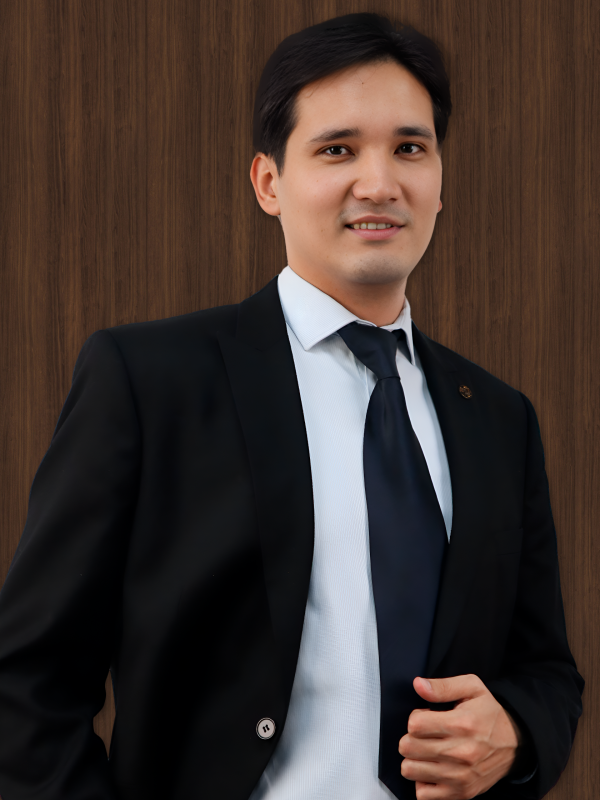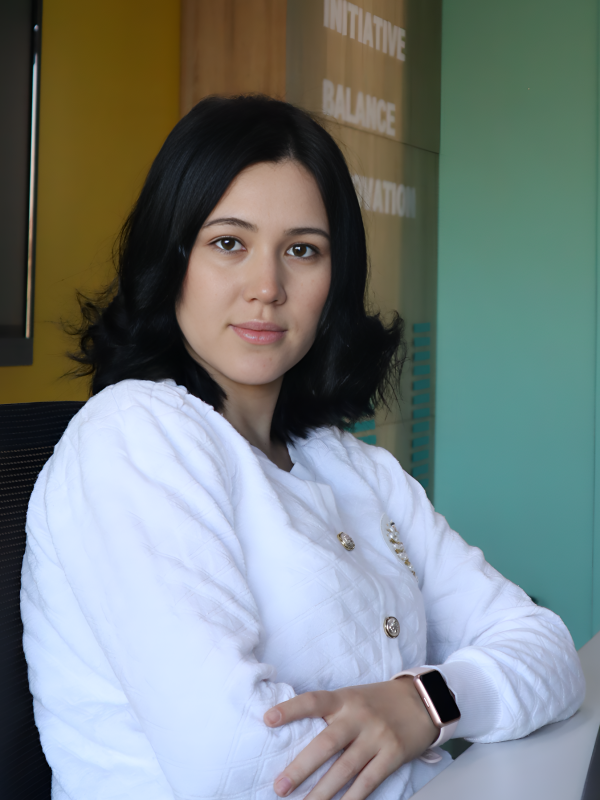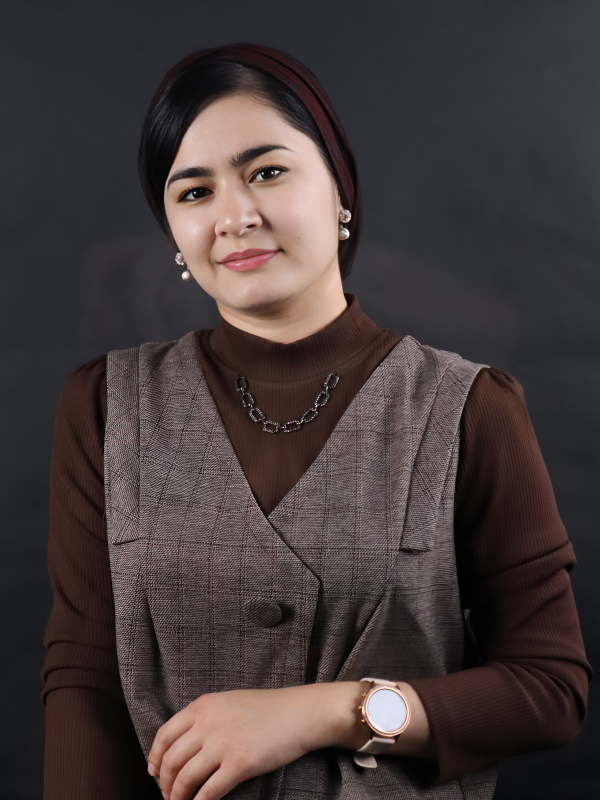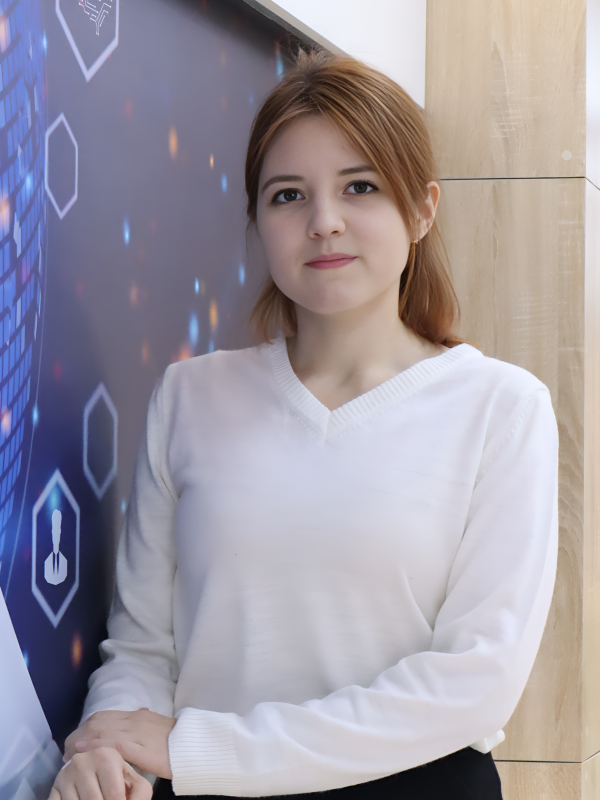PHILOLOGY AND LANGUAGE TEACHING
QUALIFICATION OBJECTIVES OF THE PROGRAMME
TIUE ‘s dual-disciplinary program “Philology and Language Teaching” is aimed at those who want to connect their future with the field of education as a teacher of Russian and English.
The purpose of training under this program is to master theoretical knowledge and acquire practical skills in the field of Russian and English, and the development of pedagogical competencies for the preparation of highly qualified specialists who will be able to carry out pedagogical activities in school education.
The teaching, methodological and scientific content of the Bachelor’s degree program in “Philology and Language Teaching” includes various modules aimed at developing knowledge and skills in the field of Russian and English language teaching.
Language of instruction: RUSSIAN
Modes of study: Daytime training: Monday through Saturday.
Upon graduation, a bachelor’s degree is awarded in Philology and Language Education (TIUE).
Undergraduate requirements: 27-30 compulsory modules (subjects) totaling 480 credits (UK Credit System).
Study Period:
- full-time education – 4 academic years (from October to June).
Classes are held during the day in the form of lectures, seminars, practical classes, master classes and industrial practice.
OPEN THE DOORS TO A MODERN WORLD OF POSSIBILITIES!
TRAINING PROGRAMME
CURRICULUM
Note.
All credits are listed under the UK education system. Depending on the language of instruction, there may be slight differences in the Curriculum. At the same time, the University has the right to make some changes and additions to the Curriculum.
OUR PROFESSORS AND TEACHERS Learn More ›
OUR PROFESSORS AND TEACHERS Learn More ›
TUITION FEE
|
|
|
Duration of training (academic year) |
Payment-amount of contract | |||
| PROGRAMS IN UZBEK AND RUSSIAN LANGUAGES | ENGLISH PROGRAMS | |||||
| Local for students (thousand Sum) |
For international students (USD) |
Local for students (thousand Sum) |
For international students (USD) |
|||
| PHILOLOGY AND LANGUAGE TEACHING | Full-time study | 4 | 14 000 000 | 1 100 | X | X |
*) International students on the territory of Uzbekistan pay tuition fees in US dollars, at the exchange rate set by the Central Bank of the Republic of Uzbekistan on the day of payment. Outside Uzbekistan, the payment is made in US dollars, in the specified amount.
Admission to the first year of study
Necessary documents:
- Certificate of completion of general secondary school (11th grade) or lyceum/college diploma (with a transcript)
- Photo 3×4 on white background
Academic Requirements:
Successful completion of the internal exam on:
Math;
English language proficiency or submission of an English language certificate (IELTS 5.0 or above or equivalent)
For TIUE programs, all applicants must apply ONLINE ONLY through the UNIVERSITY’S OFFICIAL WEBSITE (www.tiue.uz)
Philology and Language Teaching
How can we preserve linguistic heritage while meeting the demands of a global world? The answer lies in the synthesis of the humanities and modern teaching methods. The philology and language teaching programme is a path to a profession that encompasses specialisation, intercultural communication and a deep understanding of language as a system. Here, not only is the body of knowledge that unites a science such as philology valued, but also the ability to apply it in practice.
TIUE University in Tashkent offers the necessary knowledge covering this field. By choosing our university to enrol in a bachelor’s degree in philology, you open up a wide range of opportunities for yourself. Teaching is carried out by highly qualified specialists. The educational process is based on progressive methods and includes various forms of training. After successfully completing the course and receiving a degree in philology, you will be able to apply to a foreign philology university and continue your education.
How to enrol in the philology faculty in Tashkent
This programme combines academic training and the development of teaching skills. We offer flexible conditions for full-time study and develop the potential of each student. Before applying, it is important to understand the following features:
- Admission to the Faculty of Foreign Philology is possible after passing the entrance exams. These include testing of grammar, vocabulary and text analysis skills.
- Candidates must confirm their proficiency in languages such as English and Russian. This can be either an internal test or an international certificate.
- Applicants are advised to prepare for key topics such as linguistics, literature, translation, history and culture, which reflect the specificity of our approach.
This structure makes it possible to study the language in a broad linguistic and cultural context. We strive to select motivated applicants who are ready for systematic work and scientific research.
Obtaining a Bachelor’s degree in Philology
The programme is based on a combination of fundamental and applied approaches. It is aimed at developing professional competencies and preparing students for real work in the fields of education, translation, media, and communication with foreign partners or clients. At the same time, the curriculum deeply integrates scientific research.
The bachelor’s programme includes:
- The study of modern teaching methods and the formation of an individual teaching style.
- An in-depth course in English philology, allowing graduates to freely navigate academic and applied tasks.
- Development of written and oral communication skills with an introduction to professional discipline.
Philology is a discipline that opens up great opportunities and prospects. At the same time, the quality of teaching plays an important role in its mastery. In this regard, our university has proven itself well.
Why choose TIUE:
- Our faculty has a strong academic base and an experienced department that actively interacts with international partners.
- Students receive a philological education based on a relevant programme covering the theoretical and applied aspects of philology.
- We offer a high level of training in philology, which is confirmed by the quality of the final diplomas.
The training is conducted taking into account the requirements of modern society. In the process, students study English and a second language, analyse literary texts and work on projects. The volume of classes allows students to successfully complete a bachelor’s degree in English philology and enrol in a master’s programme in philology.
After receiving a bachelor’s degree, graduates become sought-after philologists capable of teaching, translating, writing and researching. We invite you to enrol in the Faculty of Philology in Tashkent if you want to combine a humanities tradition with a promising career.
Philology is the doorway to a world of culture, communication, and language opportunities!
Join our Philology and Language Learning Program and learn the skills that are in demand in today’s world.
Become a connoisseur of languages, cultures and communication, and discover new horizons.
Apply now and start your path to success in the field of linguistics and language education!




